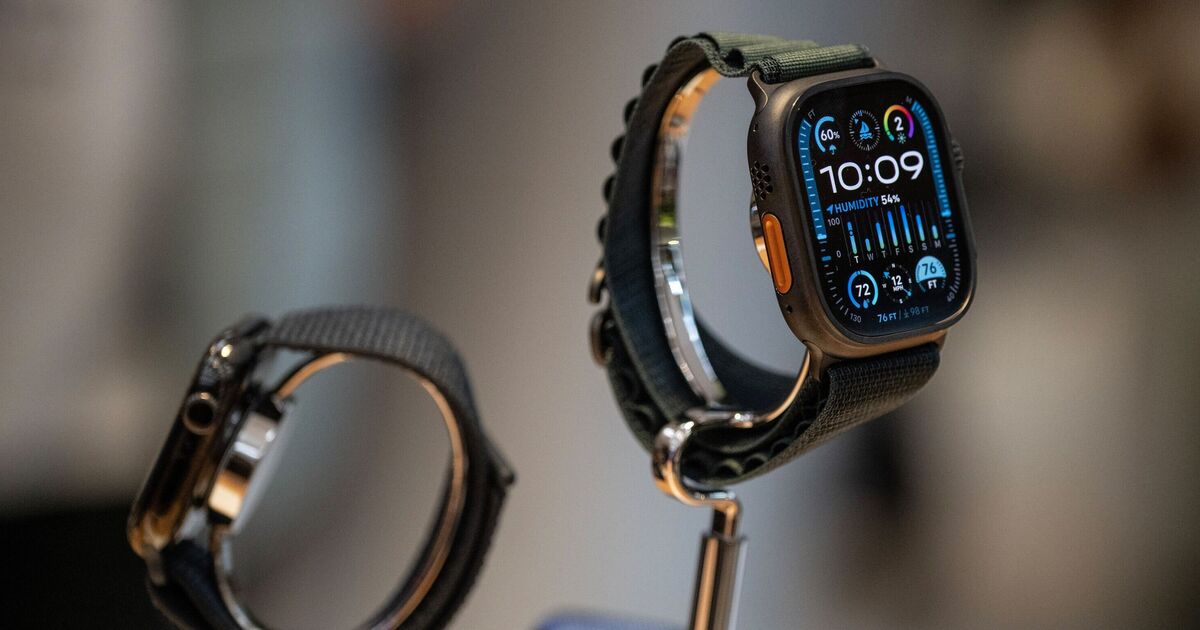A high-tech transformation of the NHS means people with diabetes or high blood pressure may be able to monitor their health at home using smart watches or wearable technology instead of making regular trips to a clinic.
Radical changes in the way healthcare is delivered in England will be explored as part of a 10-year plan to reboot the NHS.
Health Secretary Wes Streeting has pledged to “rebuild the health service around what patients tell us they need”. It wants to turn it “on its head” so it becomes a “neighbourhood health service”.
At the heart of the plan are new neighbourhood health centres where people will be able to see family doctors, district nurses, care workers, physiotherapists, health visitors, or mental health specialists “all under the same roof”.
It is hoped this will mean people with multiple condition will no longer have to go “from pillar to post”. Also, people will be able to get a scan or treatment for minor injuries such as cuts without having to wait hours in an overstretched hospital.
Smartwatches and “wearable tech” could also usher-in major changes to how patients are treated. At present people with type two diabetes have to go to hospital or the GP once a month on average.
But wearable technology can them help monitor glucose levels and blood pressure by showing the results on smartphones and alerting them to spikes.
A “national conversation” will be launched to bring together the views of patients, clinicians and experts on how the NHS should change in the decade ahead.
This follows the independent investigation by Lord Darzi which warned the NHS is “in serious trouble”.
The Health Secretary said: “If we want to save the things we love about the NHS, then we have to change it. “Our 10 year health plan will turn the NHS on its head – transforming it into a Neighbourhood Health Service – powered by cutting-edge technology, that helps us stay healthy and out of hospital.”
Mr Streeting said that technology will make patients’ lives “infinitely easier” and ensure the NHS is “fit for the future”.
However, he insisted that the “traditional values” of the NHS will be preserved.
He said: “At the same time, we will protect what patients want from the NHS – the family doctor relationship, free healthcare at the point of need, and shorter waits for appointments. Our 10-year health plan will preserve the NHS’s traditional values in a modern setting.
“It’s going to take time, but it is our mission to take the NHS from the worst crisis in its history, get it back on its feet, and make it fit for the future.”
Amanda Pritchard, the chief executive of the NHS, said: “Our hospitals are facing record demand, with growing pressures from an ageing population, rising levels of multiple long-term illnesses and patients with more complex needs. So, it is vital we find new ways to ensure people are able to get the right care, closer to home – and only end up in hospital when it’s really necessary.”
But RCN general secretary Nicola Ranger warned: “A fundamental shift from hospital to community is crucial, but the reality is that today’s NHS simply does not have the nursing numbers to deliver it.”











